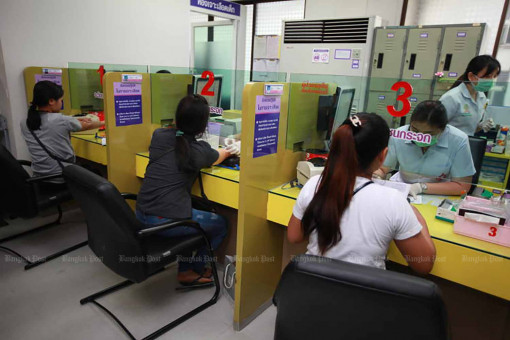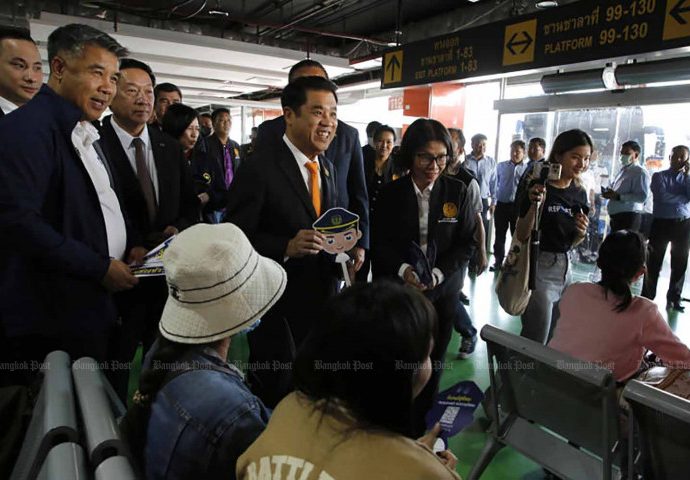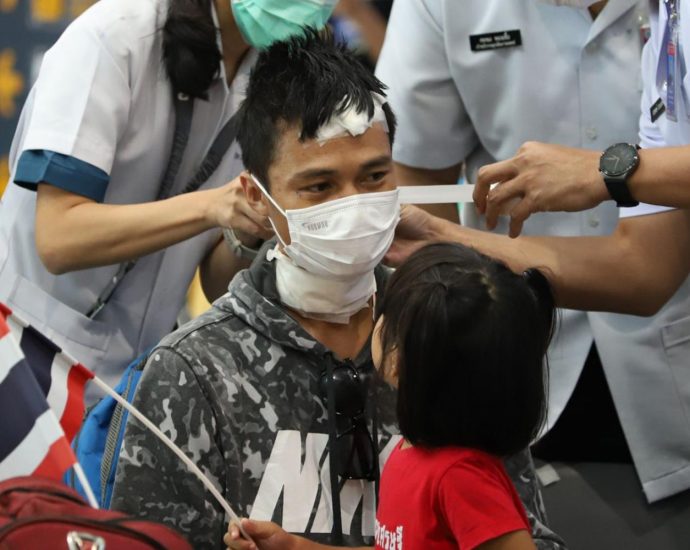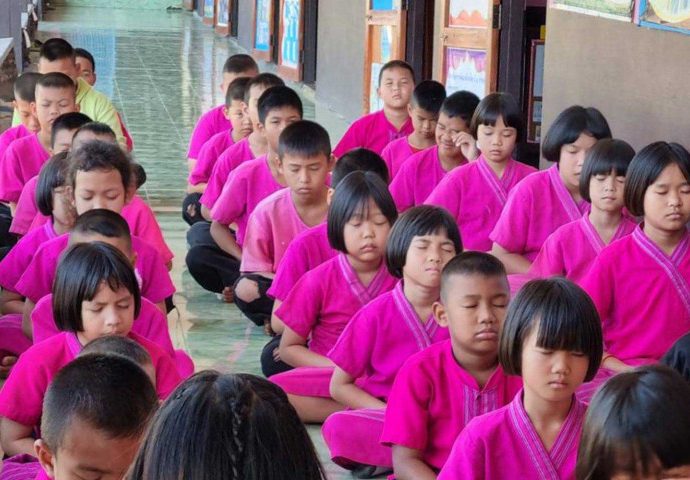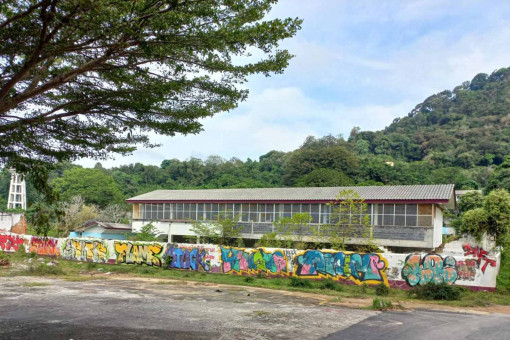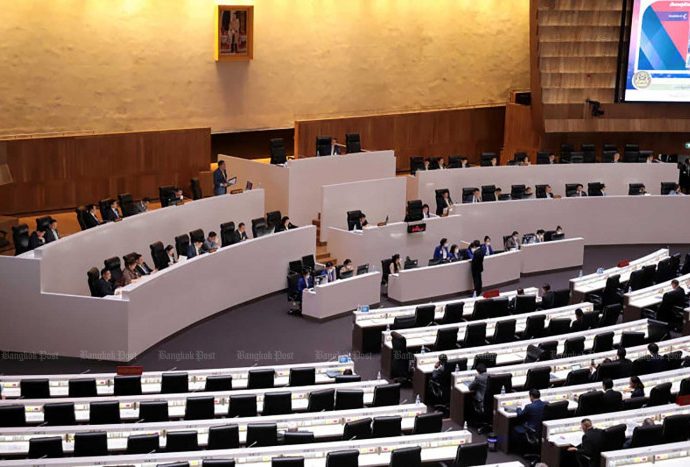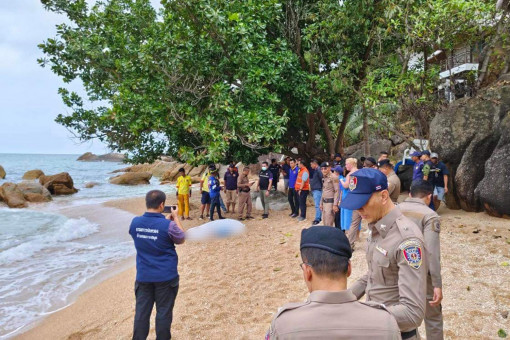DDC hails IFR tech use on migrants
PUBLISHED : 31 Dec 2023 at 07:48

The Department of Disease Control (DDC) has declared the use of iris and facial recognition (IFR) technology to enhance medical services for migrant workers an achievement.
During its pilot phase, the IFR system helped identify 8,619 migrant workers eligible to receive medical welfare and assistance in Samut Sakhon, Tak, Chon Buri, Prachuap Khiri Khan and Bangkok.
The IFR system eases the data collection of migrant workers. An agreement to use the system in the pilot provinces was signed by various state agencies on Aug 15.
Out of 8,619 migrant workers, 80% were from Myanmar.
DDC deputy director-general Dr Sophon Iamsirithavorn said the Thai Red Cross Society, the National Electronics and Computer Technology Center (Nectec), the public health permanent secretary office and other officials from the five provinces had reviewed the outcome of the project’s implementation.
They said the system can quickly help identify those who do not carry essential documentation.
During the Covid-19 pandemic, the authorities needed a system to help identify migrant workers for vaccine distribution. Some migrants did not have identification documents but still received vaccines on humanitarian grounds.
After facing challenges in getting medical aid, the DDC and the Thai Red Cross Society began working with Nectec to devise the IFR system.
Its pilot project is deemed a success due to the system’s ability to quickly and accurately identify the migrants. The system also eased the workload of officials.
The Red Cross Society has donated equipment and machines to ease the IFR’s operation.

